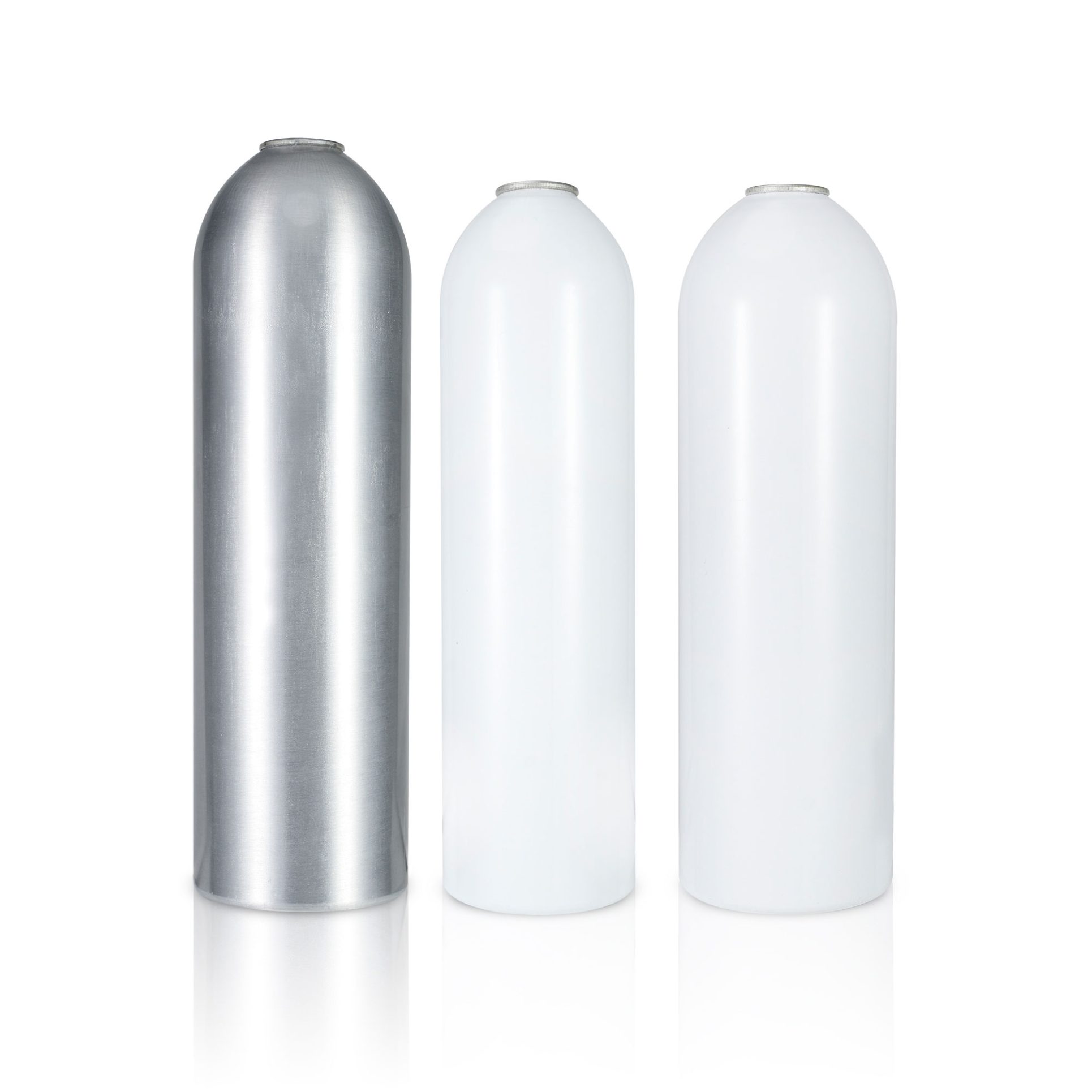1. The Rise of Aluminum Water Bottles
In recent years, as global awareness of environmental protection and sustainable development has grown, the European market has become increasingly focused on reducing plastic pollution. Driven by plastic bans and circular economy policies, aluminum water bottles have emerged as an ideal alternative. Many brands have begun offering aluminum-packaged bottled water and encouraging consumers to use reusable aluminum bottles. Aluminum water bottles not only align with environmental trends but also meet the high expectations of European consumers for quality and design.
2. Why Does the European Market Favor Aluminum Water Bottles?
Aluminum water bottles have gained significant traction in the European market due to the following advantages:
Eco-Friendly and Recyclable: Aluminum is one of the most recyclable metals globally, with a high resource recovery value. Europe’s advanced recycling system allows aluminum bottles to be efficiently recycled, reducing plastic waste.
Durable and Lightweight: Compared to glass bottles, aluminum bottles are lighter, making them more portable. They are also more durable than plastic bottles, reducing the risk of breakage.
Excellent Temperature Retention: Aluminum bottles are highly effective at maintaining the temperature of beverages, catering to the diverse needs of European consumers for both hot and cold drinks.
Stylish and Premium: The metallic finish and modern design of aluminum bottles appeal to European consumers’ desire for high-end, refined packaging, satisfying both aesthetic and quality expectations.
3. Acceptance of Aluminum Water Bottles Across European Countries
Germany: The Pioneer of Environmentalism
Germany is one of the strictest countries in Europe when it comes to environmental policies, and the bottled water market is gradually shifting towards aluminum packaging. Many German brands have started offering aluminum bottled water, and supermarkets are equipped with specialized aluminum bottle recycling machines, making it easier for consumers to participate in recycling.
France: A Balance of Style and Sustainability
French consumers value both environmental sustainability and design when choosing bottled water. Aluminum bottles not only fulfill the eco-friendly requirements but also feature high-end, stylish designs that are highly favored. In cities like Paris, aluminum bottled water has become a staple in many restaurants and cafés.
The UK: Promoting Sustainable Packaging
The UK has intensified efforts to tackle plastic pollution in recent years, and an increasing number of brands are adopting aluminum bottles as a sustainable packaging solution. From supermarkets and convenience stores to airlines, aluminum bottled water is gaining popularity, further raising environmental awareness.
4. The Rise of Aluminum Water Bottle Brands
Several brands in Europe have already embraced aluminum packaging for bottled water. For example:
CanO Water (UK): Focuses on sustainability and eco-friendliness, with bottles that are 100% recyclable, positioning themselves as environmental leaders.
PATH Water (US brand, now in Europe): Offers reusable aluminum bottles for water, promoting the reduction of single-use plastic bottles.
Re:Water (UK): Introduced the world’s first 100% recyclable aluminum bottled water, gaining a strong consumer following with its eco-centric approach.
The success of these brands proves the significant potential of aluminum packaging in the market and encourages more brands to join this eco-friendly movement.
5. Future Trends
With the increasing environmental awareness among European consumers, support from government policies, and the push for sustainability by brands, the market share of aluminum water bottles is expected to continue growing. In the future, aluminum bottles will likely become the mainstream choice for bottled water and may also see new developments in personalized designs and innovative packaging. More and more brands are expected to release unique aluminum bottle designs to meet the diverse needs of consumers, driving the green transformation of the market.







